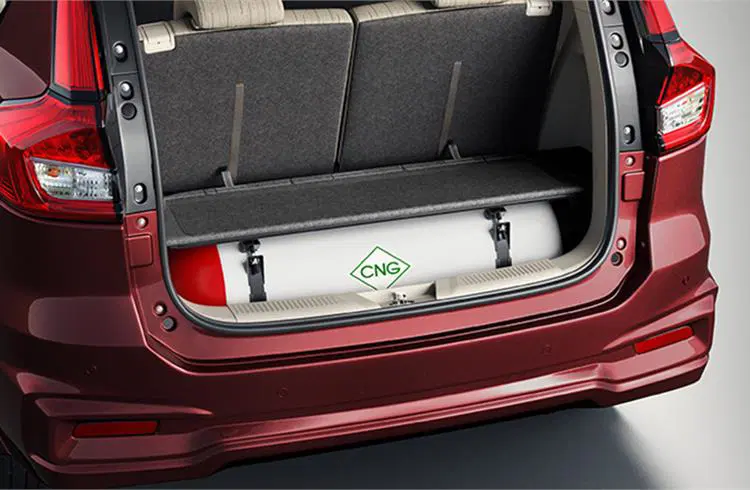Although Compressed Natural Gas (CNG) vehicles offer a greener alternative to petrol or diesel cars, they are often met with skepticism. Here are some common myths about CNG vehicles, debunked:
Myth 1: CNG cars are unsafe
CNG is actually safer than petrol, thanks to its higher ignition temperature. While petrol ignites at 455°C, CNG requires 700°C to catch fire, lowering the risk of accidents. CNG cylinders undergo rigorous testing, making them stronger than traditional petrol tanks.
Myth 2: CNG cars are unreliable
CNG cars are just as dependable, if not more, than petrol vehicles. CNG is non-corrosive, helping engines last longer and reducing the need for repairs. Additionally, CNG vehicles require fewer oil changes, making them easier to maintain.
Myth 3: CNG is expensive
While the initial cost of a CNG car may be higher, the fuel itself is cheaper than petrol. Over time, this results in significant savings on fuel expenses.
Myth 4: CNG is as harmful to the environment as other fossil fuels
CNG is much cleaner than petrol or diesel. It emits 25-30% less carbon dioxide (CO2), and produces lower levels of nitrogen oxides (NOx) and particulate matter (PM), which contribute to smog and respiratory problems. By using CNG, vehicles help improve air quality and reduce harmful emissions.
Myth 5: CNG can’t be used for long-distance travel
While CNG vehicles may have a shorter range, many come with larger tanks or dual-fuel systems that combine CNG and petrol. Additionally, the growing network of CNG stations makes long-distance travel more feasible and convenient.
Overall, CNG vehicles are a safer, more cost-effective, and eco-friendly option for drivers.

